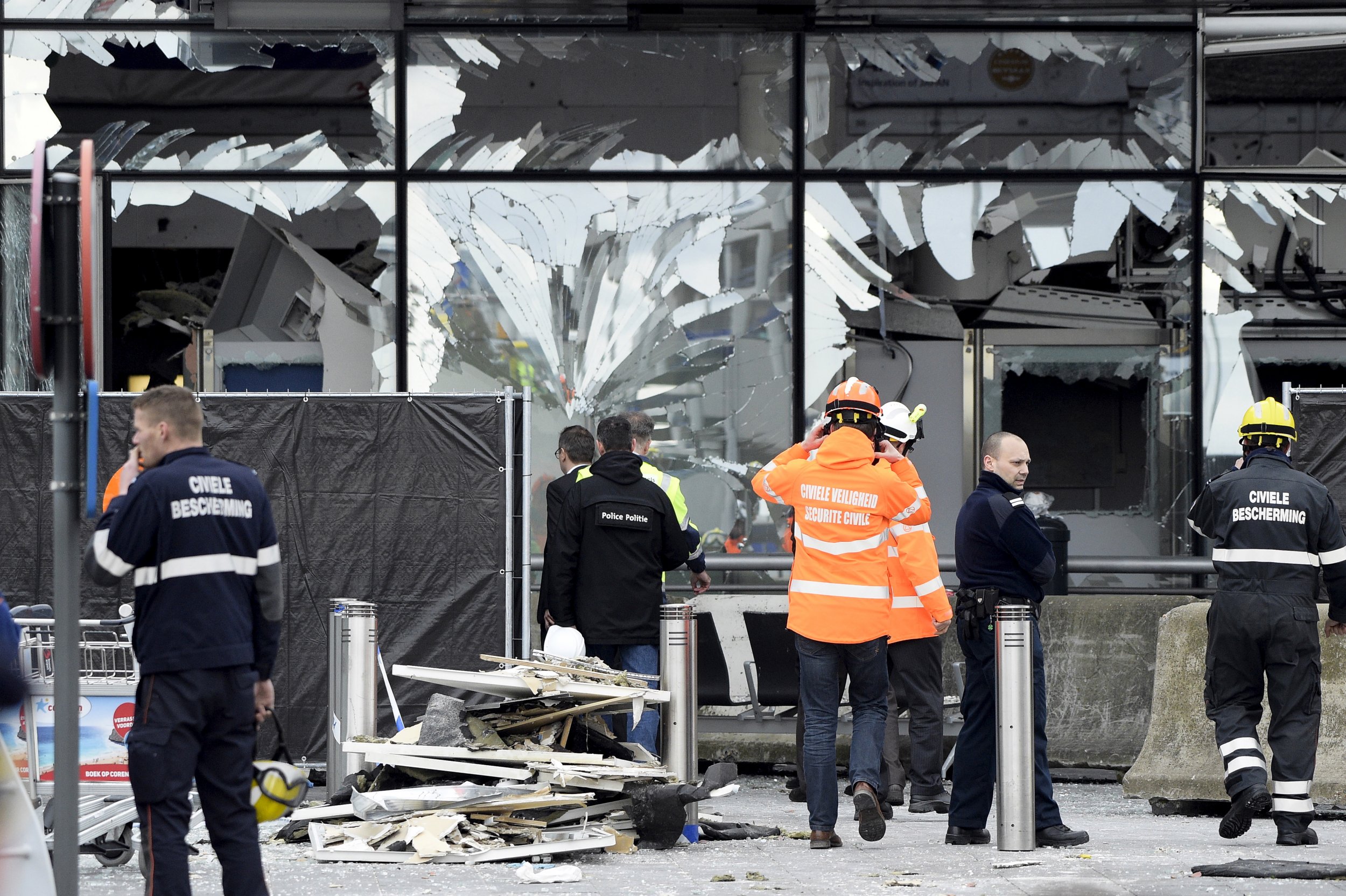
The deadly attacks that hit Brussels on Tuesday will cost Belgium around $4.47 billion (4 billion euros), national Flemish-language daily newspaper Het Nieuwsblad estimates.
ING bank's chief economist Peter Vanden Houte told the newspaper that as things stand, the cost of the attacks will amount to around 0.1 percent of Belgium's GDP, which roughly adds up to $4.47 billion (4 billion euros).
"If the terror threat persists or more attacks occur, the costs will rise further," he said on Wednesday. Construction costs and repairs of buildings affected "account for only a small part of the costs," he added. The real loss comes from the closures of services such as transport and other businesses.
"Cafes, restaurants and shops remained closed yesterday and may not see many customers in the coming days… It is also likely that security measures will deter people from frequenting them," Vanden Houte said.
According to analytics firm IHS, the attacks are expected to have "a short-lived negative impact on the Belgian economy" with losses from consumer and tourist spending being the main cause.
"The sharpest impact will occur in Brussels, with second-tier effects likely elsewhere, particularly in the event of extensive police activity that extends beyond the capital, and the perception that Belgium as a whole is under attack," according to a statement by IHS analysts.
"In addition, many local amenities will be closed in the coming days, which is particularly disruptive ahead of the long Easter bank holiday weekend (March 25-28), a time when typically restaurants, bars and cafes in Brussels are busy."
With regards to how this translates in to euros, Francesca Peck, economist IHS Global Insight says it is difficult to estimate just yet which trends in spending are due to the attacks and which are part of Belgium's pre-existing drop in consumer confidence.
"A drop in consumer confidence is one of the major things affected in the aftermath of an attack but that trend was already present in Belgium before the attacks," she says.
"In fact what we saw in France after the November attacks was that consumer confidence was quite steady. It is possible that Belgium may even experience a rebound in consumer confidence but it is all very uncertain at the moment."
Overall IHS shows similar projections to ING, in projecting a drop of 0.1 percent of GDP which amounts to an annual GDP change from $458.22 (410 billion euros) to approximately $457.89 (409.8 billion euros).
Uncommon Knowledge
Newsweek is committed to challenging conventional wisdom and finding connections in the search for common ground.
Newsweek is committed to challenging conventional wisdom and finding connections in the search for common ground.
About the writer
I am a Staff Writer for Newsweek's international desk. I report on current events in Russia, the former Soviet Union ... Read more
To read how Newsweek uses AI as a newsroom tool, Click here.








